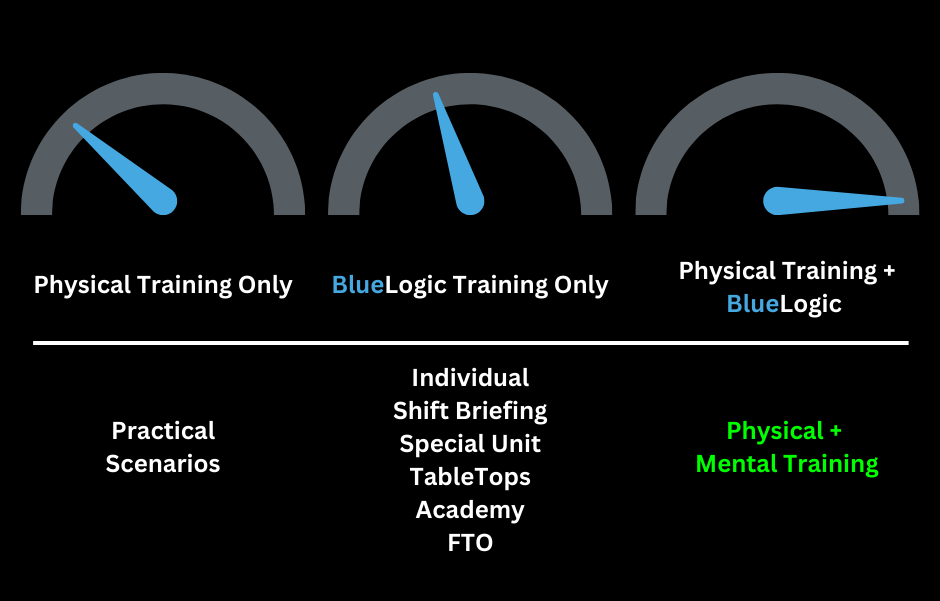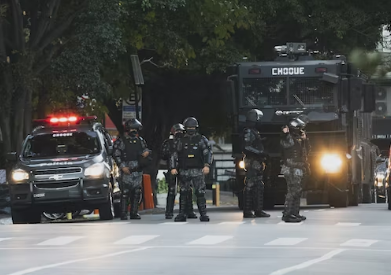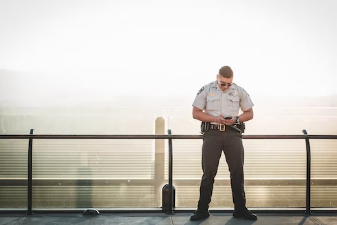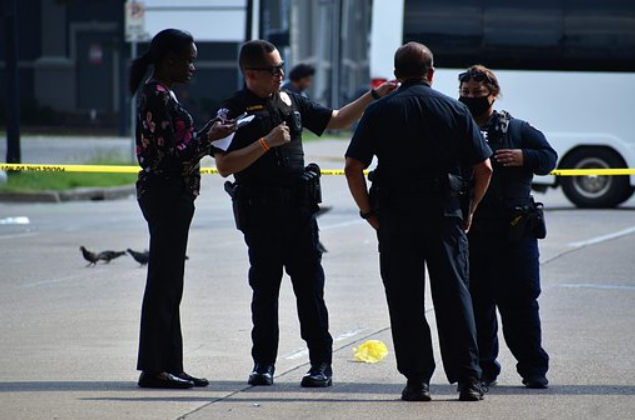

In shift briefing mode, the software can be used to conduct team-based training, where first responders work together to manage a critical incident situation. This mode allows first responders to practice their communication and collaboration skills in a controlled environment, which can help them work more effectively as a team during real-life situations.
With Individual Training, first responders can train alone and at their own pace. This mode is particularly useful for first responders as it requires individuals to make their own decisions and allows supervisors to identify gaps.

Our critical incident training platform is designed to allow first responders to walk through events from start to finish, providing a comprehensive and immersive training experience. First responders and supervisors encounter and solve common issues such as stress management, communication mishaps, scene considerations, EMS integration, and after-action responsibilities.


All scenarios encourage users to prepare for ever-evolving and complex situations. Supervisor modules use advanced integrated mapping and prepare users for Incident Command.
Officer modules forces users to think beyond neutralizing the threat and prepare first responders to solve complex and ever-changing problems.

We’ve researched and analyzed past critical incidents and created scenarios built from real-world events, allowing first responders to experience challenges and make decisions they would in a real-life critical incident situation. Since training is designed to only take several minutes, first responders learn to make rapid thoughtful decisions.


In addition to providing first responders with valuable experience and critical thinking skills, our critical incident training platform provides documentation that first responders have received training and are prepared to respond to critical incidents. Responses can be reviewed and used by agencies to track progress and identify areas for improvement.